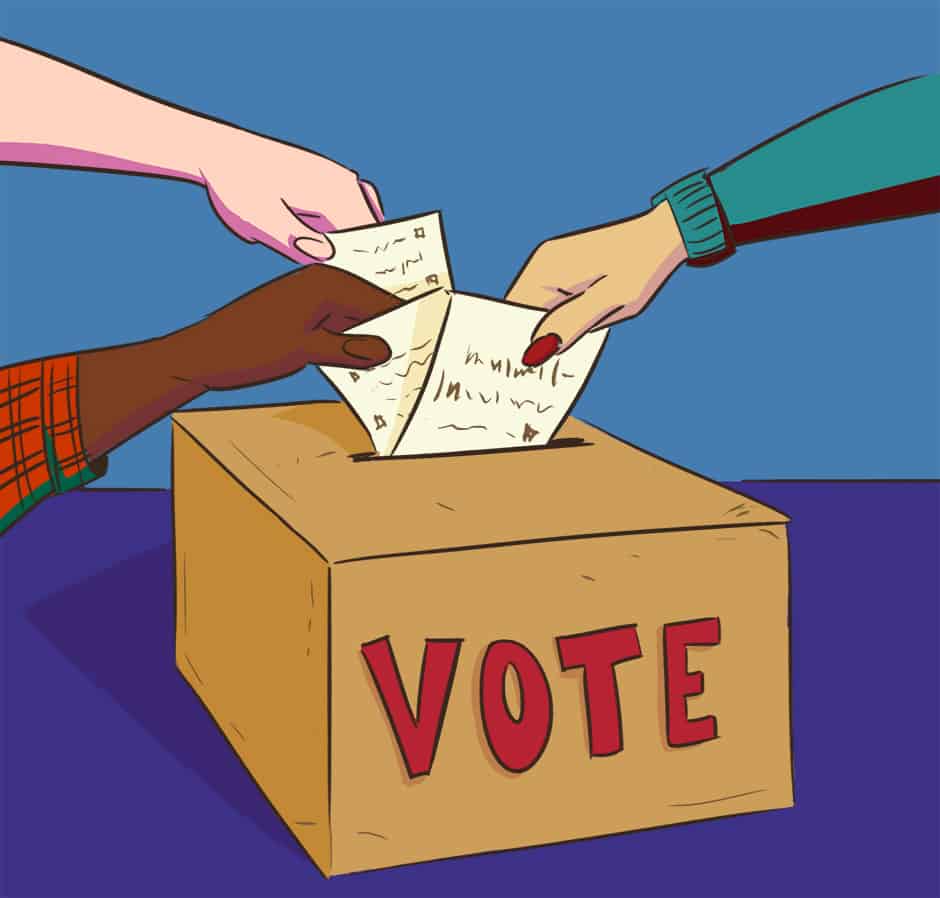As the Graduate Students’ Union (GSU) at the University of Toronto prepares to hold a referendum on whether or not to remain a member of the Canadian Federation of Students (CFS) and the CFS-Ontario (CFS-O), new information has come to light indicating that certain signatures were deemed invalid during a petition drive a year ago.
The landmark vote will take place between Monday, November 24 and Friday, November 28.
A referendum can only be achieved once a petition is signed by over 20 per cent of the union’s population. The GSU had submitted their petition to the CFS last winter.
THE ROAD TO REFERENDUM
In order to properly verify that all the names provided in the petition were valid, Deloitte, a professional services firm, was appointed by both parties to review the petition. Deloitte informed the GSU last March that their petition did not meet the necessary 20 per cent threshold and that a number of student signatures were deemed invalid.
The report provided by Deloitte raised a number of questions for the GSU.
It was revealed over the course of the legal process that Deloitte was granted the power to make judgements as to what constituted a valid signature. This meant that the firm could apply either “strict” or “liberal” interpretations to what constituted a valid signature.
According to the fresh factum of the applicant, “A number of petitioners were deemed invalid by Deloitte because they completed the petition using the English version of their foreign names. While short forms of English names were deemed valid by Deloitte, the Anglicization of foreign names resulted in Deloitte deeming those petitioners invalid.”
For example, according to the factum, petitioners using a short form, such as “Ed” for “Edward,” were deemed valid.
“At least 75–80 petitioners on the CFS petition were deemed invalid on this basis. If they had been considered valid, the CFS petition would have met the 20% threshold required by the Bylaws,” the factum continues.
The precise number of CFS-O petitioners have been deemed invalid on this basis is unknown.
The GSU does not have access to a membership list.
“While these facts have not been tested by the courts… in our opinions, this comes down to the CFS systematically disenfranchising the democratic rights of predominantly racialized and international graduate students at the University of Toronto. This is irrevocably hypocritical and unveils what we see as a lack of genuine commitment to anti-racism and international students,” a source with knowledge of the campaign, who spoke on the condition of anonymity, said.
The CFS is a national organization that was formed in 1981 to unite student bodies across Canada in an effort to better represent student interests to the provincial and federal governments.
Alastair Woods, chairperson of the CFS-O, says that Deloitte used its own self-determined processes and the federation had no input into procedures used to verify the names on the petition.
Woods adds that the issue was due to the names provided by students on the petition not matching the names on the registration list provided by U of T to Deloitte. “To then claim that this verification process, performed outside the control of the Federation and conducted by an independent third-party somehow undermines the Federation’s anti-racist and equity work is offensive and false,” Woods says.
A CLASH OF CAMPAIGNS
The referendum question asks: “Are you in favour of continued membership in the Canadian Federation of Student and the Canadian Federation of Students-Ontario?”
If the majority of students vote yes, the GSU membership will remain members of both the CFS and the CFS-O, and will not be able to hold another membership referendum for another five years.
If the majority of students vote no, the $8.60 that students pay to the CFS and the $7.16 for the CFS-O will be retained, and the GSU’s membership with the CFS will end.
According to the representatives of the “Vote No” campaign, it is only in the last year that the CFS’s engagement in student life at U of T has become strongly apparent.
The No campaign has received five letters of support, as well as the endorsement of two department associations, around 60 student union executives nationwide, and three former CFS executives.
According to the Yes campaign, the CFS provides services for students and saves them money on a monthly basis.
As well as representing the student union in federal and provincial politics, the CFS supports sexual consent campaigns, international student equity campaigns, and civic engagement campaigns.
By remaining with the CFS, students may continue to access CFS services and campaigns, and will be connected to other student unions across the country, the Yes campaign claims.
David Robinson, executive director of the Canadian Association of University Teachers, the committee of CUPE Ontario, and Maude Barlow, national chairperson of the Council of Canadians, are among those who endorsed the Yes campaign.
Voting to defederate would mean the GSU will stand on its own in federal and provincial politics.
THE DRIVE FOR DEFEDERATION
The GSU is one of the student unions in Canada seeking to defederate from the CFS; McGill University’s Post-Graduate Student Society (PGSS) is scheduled to hold a referendum to defederate in January 2015.
“With our own referendum coming up soon, we at McGill are eagerly watching the referendum and its results at U of T,” said Jonathan Mooney, former PGSS secretary-general.
The GSU has taken no official position on the matter, with a statement on the GSU’s website reading: “The UTGSU has not taken a position on continued membership with the Canadian Federation of Students and, as such, does not endorse the materials produced by either the ‘yes’ or ‘no’ campaigns.”
Polling booths will be set up at various locations across campus during the voting period.
Correction: An earlier version of this article contained inaccurate information about the formation of the GSU Litigation Committee.


